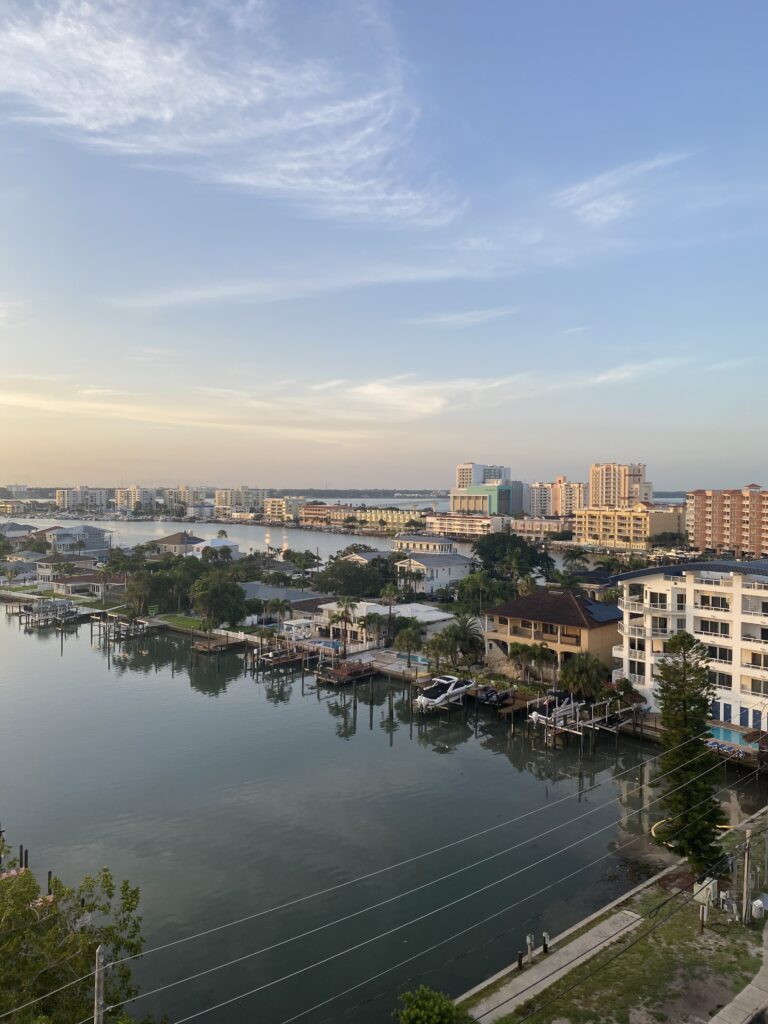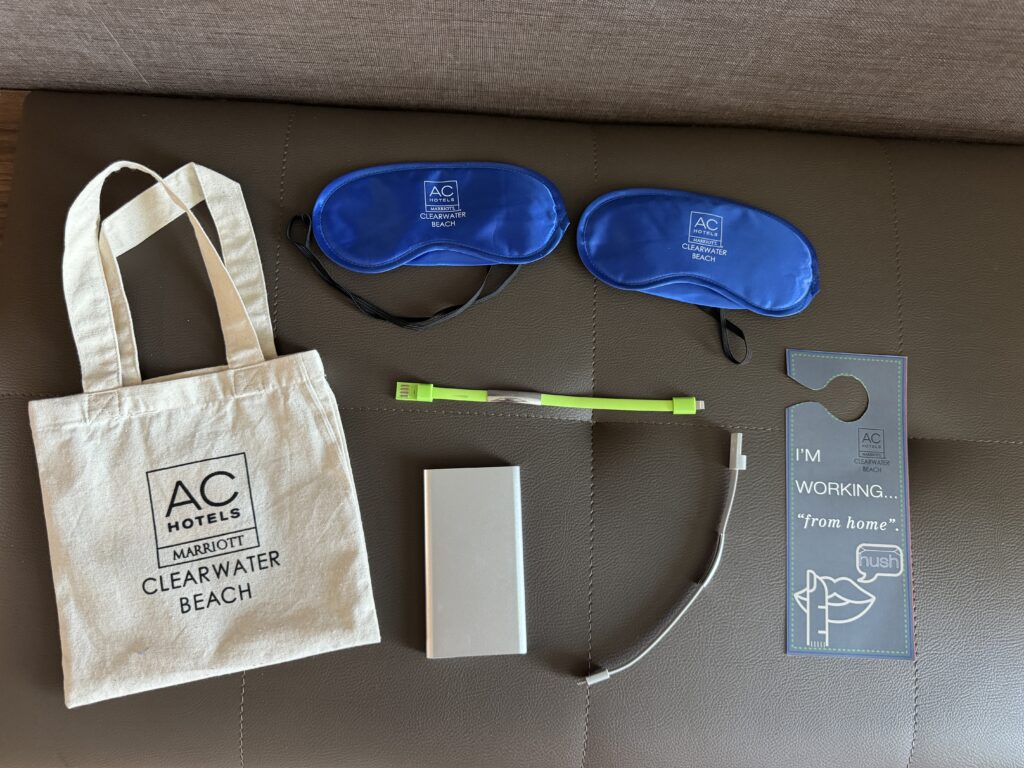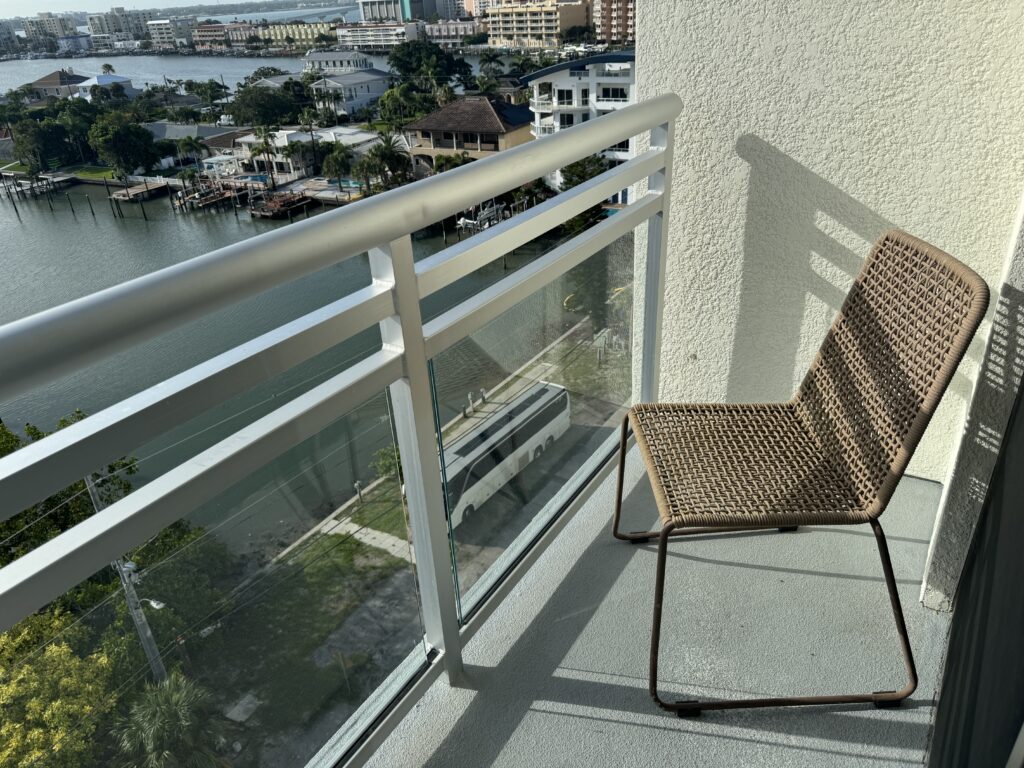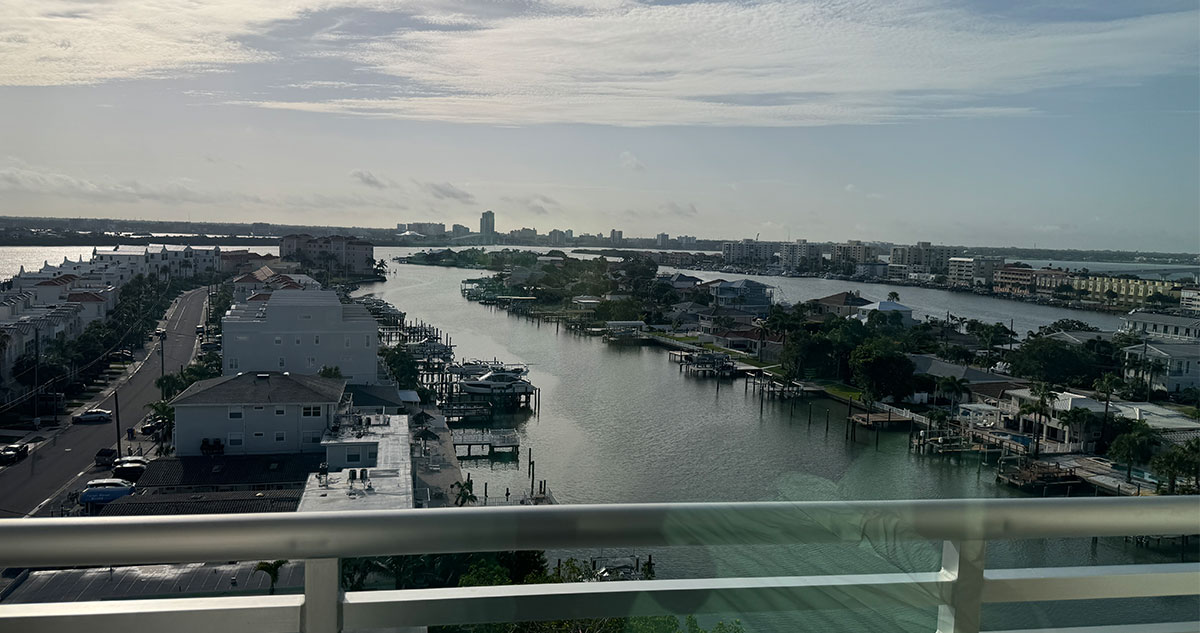I work for myself, so I have the ability to venture into an unfamiliar location for anyone with a boss breathing down their necks. And by that, I mean monitoring your every move, trying to get you to clock in and out, and generally overstepping your hybrid or remote work competencies. Who wants that? Nobody, especially when digital work opens up a world of possibilities, from driving to the nearest coffee shop around the corner for the next meeting to vacationing on the other side of the world during a typical work week.
According to Statista, there were 15 million digital nomads living in the United States in 2021. In 2023, 35% of digital nomads were freelancers or gig workers. MBO Partners also reports that in 2023, 36% of American digital nomads planned to spend more time in the U.S. rather than traveling abroad. The survey also found that 14% of digital nomads said their employer did not know they were traveling while working. In addition, 18% said that while their manager or boss gave them permission to work while living a nomadic lifestyle, the company they work for did not have a policy for this type of lifestyle. All of this can create a gray area when people are deciding whether they should tell their bosses where they are going or keep it a secret.

The tourism industry is aware of the ambiguity and potential need for discretion that digital nomads face, and it’s responding with intention. So I set off from my hometown of Cincinnati to Clearwater Beach, Florida, to see how discreet some brands are making the digital nomad life. After all, do your customers really need to know you’re at the beach? If your tan lines give it away, that’s your problem—but the hotel you’re staying at certainly won’t announce your trip.
This is the idea I wanted to explore at the AC Hotel Clearwater Beach, a hotel in the heart of the city where bikini tops are the dress code and unobstructed marina views are the norm on most floors.
The “Hush” package
When I first heard about a Hush package, I thought it might be a cheesy hotel deal with no substance. That ended up not being the case. The AC Hotel Clearwater Beach’s “Hush Trip Haven” package offers digital nomads a sheltered and productive environment with amenities to stay focused during the day and relax after work. The package I tested included the following amenities that the AC Hotel Clearwater Beach website promised:

- Welcome package for employees: Upon arrival, guests receive an employee welcome kit that includes “a portable charging station, printing credits, a branded notepad, an eye mask for rest, lavender sachets for relaxation,” and a customized door hanger. The portable charging station and door hanger were the most useful, with the latter preventing awkward interruptions during Zoom calls thanks to the note on it that read, “Psst. Working from home.”
- Own coworking area: As a guest of a digital nomad, you will have “access to a dedicated coworking space in the AC Business Center, equipped with the essential amenities for productive work.”
- AC Media Salon: Guests will receive “priority access to the AC Media Salon for virtual meetings and technology needs (subject to availability).”
- Refreshment Concierge: If you’ve always wanted a helper who would come by regularly and bring you coffee and water during your afternoon slump, this is your chance.
- Voucher for free drinks: Free drinks after work while lounging by the pool or looking out to sea are best suited for happy hour.
- Special offer: Digital nomads receive “a 10% discount for stays of three or more nights on weekdays.”

Promote creativity through a change of scenery
The most extraordinary thing was the new view and the fresh perspective – staring out over my laptop at the Gulf stimulated my creativity far more than staring out my window at the same old neighborhood at home.
“It was clear that a program like the one we designed, combined with our environment, would create the ideal experience for this market segment,” says Garvey Johnson, director of sales and marketing at AC Hotel Clearwater Beach. He says the package is aimed specifically at digital nomads, but could also benefit remote workers and business travelers.
What is a digital nomad versus a remote worker on temporary leave?
If you arrive at this hotel on the beach – or others with similar concepts – and don’t go home at the end of your stay but continue your journey to another location with comparable accommodations, you could be entering digital nomad territory. Nathan James Thomas, founder and editor of Intrepid Times and author of Unbound: The life of a digital nomad in an uncertain worldhas been a digital nomad for 10 years and currently lives in Poland.
“Tourists come, take photos and then leave. Nomads stay and become more integrated into the local economy,” he says. “They stay in Airbnbs and private homes, not hotels. Digital nomads buy their groceries at the local supermarket. They take their laptops to cafes and stay there for hours.” The local economy is responding by embracing these trends while counteracting the negative impacts.
“From Fabrika in Tbilisi, Georgia, to The Bank in Poznan, Poland,” he adds, “purpose-built accommodations for mid-haul travelers and nomads have sprung up, offering something between a hotel and a rental apartment, often with shared spaces and regular events. At the same time, Barcelona bans Airbnb, and studies have found negative economic impacts associated with the influx of digital nomads into Colombia’s popular Medellin.”
What opportunities can digital nomads look for?
During my stay at AC Clearwater, I discovered many other benefits of working at a hotel where digital nomadism was the norm. For example, there were bikes available in the parking garage for short trips around town, saving me the inconvenience of parking my car in and out of the hotel’s parking garage.
Digital nomads can also build relationships with staff and community members at their property, trying to fit in a little more than the typical hotel guest. That was the case at AC, where the staff I encountered wanted to have a more in-depth conversation and learn more about my work. But they also took social cues very seriously when it was obvious I was working.
Thomas shares a few more tips and tricks from the nomadic life. “Accommodations that offer discounts for long-term rentals are a huge plus,” he says. “Once I found an apartment in Poznan that I liked and wanted to extend for a few months after an initial booking for two (or) three days. The owner was open to the idea but only offered 5% off the usual daily rate. Of course, I declined and they seemed surprised. Landlords, accustomed to short-term thinking, need to adjust their expectations to maintain the stability and reliability of long-term residents.”
The ups and downs of digital nomad life
Be warned: You might also become addicted to the digital nomad lifestyle and find sitting in an office from nine to five unbearable afterward. “I know digital nomads who got off the streets, bought houses and settled down. Some, like Nora Dunn (of) TheProfessionalHobo.com, later went back on the streets,” Thomas adds. “Once you’ve experienced the freedom and thrill of this life, it can be hard to give up.”
Another option he suggests is living a “normal, sedentary” life for nine to 10 months of the year and then going nomadic for short periods, as some of his friends do. “This gives them a balance between both lifestyles,” he says. But since some countries require digital nomad visas, you’ll want to check the necessary boxes before you throw your computer in your carry-on and hit the road.
What will come next in a world of digital nomad living?
The Hush Pack is just the beginning. A 2024 study of 225 web articles on digital nomad destinations published in the Journal of Destination Marketing & Management revealed some themes for the future of this trend. The researchers suggested that “smart destinations need to innovate to develop readiness and competitiveness to attract this new market,” adding that they found that these digital nomad destinations meet not only work-related needs, but also the “travel, social, financial and basic living needs” of digital nomads. The study also pointed out that these needs are quite different from the needs of typical short-term tourists or business travelers.
Accommodation for children of digital nomads
Ashley R. Cummings, an avid traveler, digital nomad, world student, and freelance writer, runs a digital nomad newsletter called Life In A Backpack, which focuses on helping people break free from the hustle and bustle of office culture and have more time to create experiences.
She sees digital nomadism changing the tourism industry through niche travel services that cater to different types of travelers. “It’s much easier to get around now than ever before,” she says. “And it’s easier to make money on the road and even enroll kids in school while on the road.”
“One particular type of emerging niche is small worldschooling services. There are independent groups of people who organize small groups to travel slowly while worldschooling. There are also organizations like Deliberate Detour that organize community and cultural activities and provide schooling while families travel.”
Through traveling with my own children, I’ve found that digital nomad sites may also want to explore the possibility of on-site childcare or camp-style sessions to make it even more attractive to working travelers with families.
Thomas concludes that “digital nomads have never had more options. And with more companies offering longer-term accommodation and more digital nomad visas being issued, the momentum seems to be on the nomads’ side.”
Photo courtesy of Alex Frost

